Correspondents
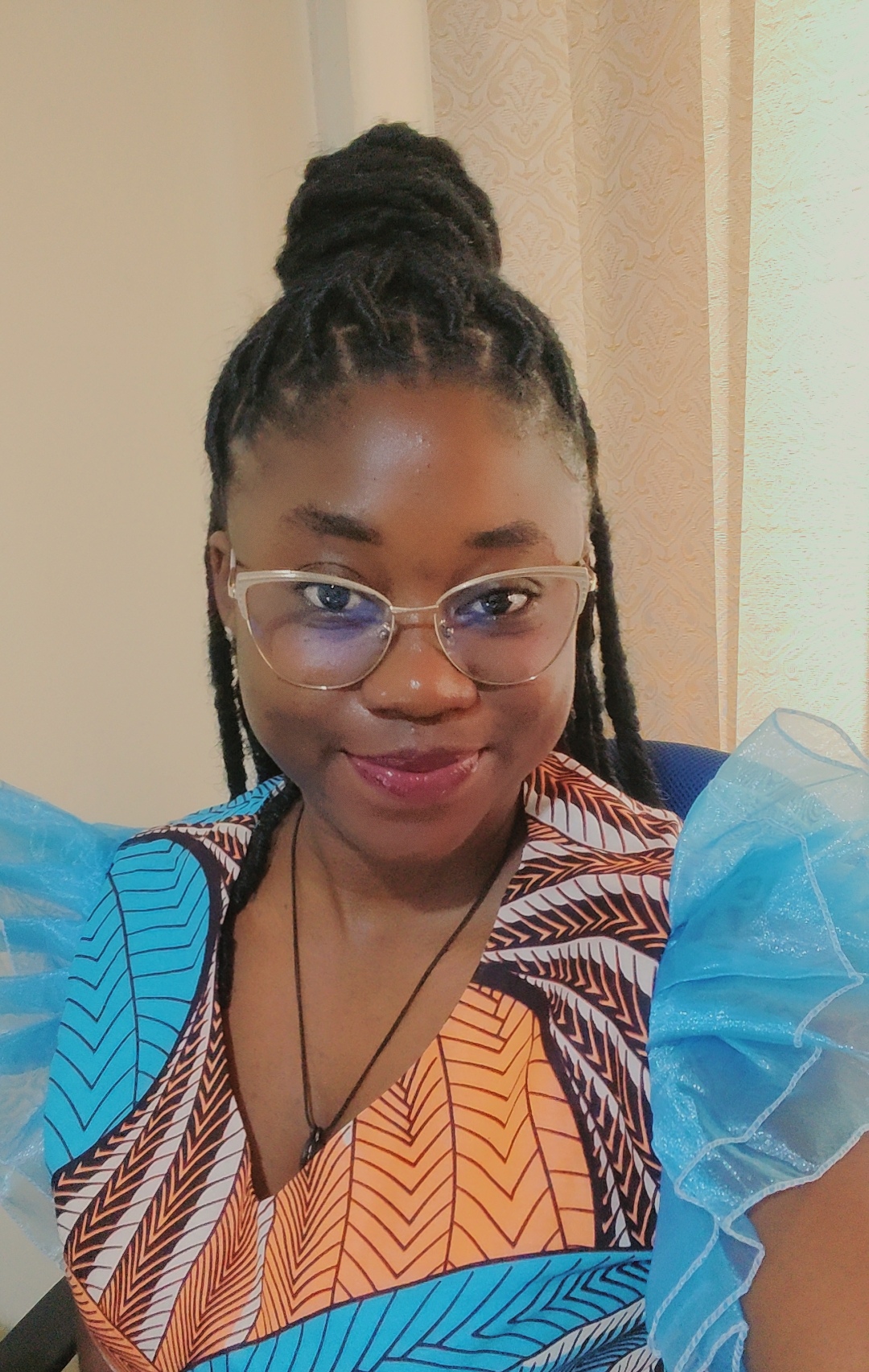
Ambadiang Mae Marilene M is a Ph.D. student in Biochemistry at the university of Yaoundé I and presently a trainee at the Centre for Research in Infectious Diseases (CRID), Cameroon. Her Ph.D. work investigates the phenotypic and genomic divergence existing between sibling species of the Anopheles gambiae complex using next generation tools with the aim of improving health conditions and saving lives globally, with a specific focus on eradicating vector-borne diseases.
Being a MESA correspondent is an incredible opportunity to increase my visibility, enhance my communication skills, networking capacity and the ability to learn from experts on the latest research progress made in the fight against vector borne diseases. Giving a helping hand to the MESA Team is an absolute pleasure.
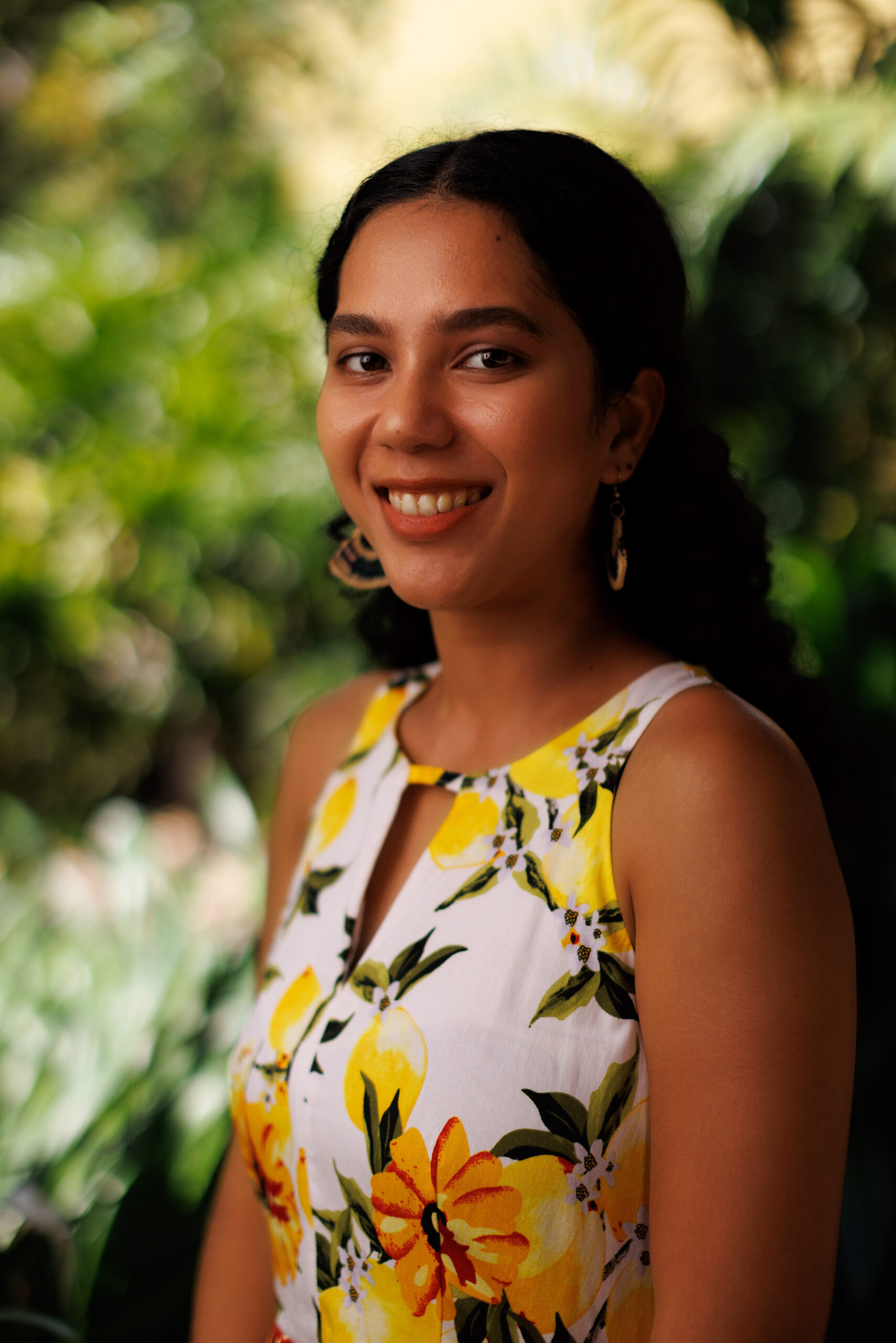 Angela Rumaseb is a PhD student at Menzies School of Health Research, Australia. Her research focuses on strengthening molecular surveillance to understand the epidemiology of Plasmodium vivax malaria in different endemicity settings.I’m very honoured and excited to be a MESA correspondent for MAM 2024 conference. This will be an excellent opportunity to learn about the current malaria molecular research and sharing it with the wider malaria community.
Angela Rumaseb is a PhD student at Menzies School of Health Research, Australia. Her research focuses on strengthening molecular surveillance to understand the epidemiology of Plasmodium vivax malaria in different endemicity settings.I’m very honoured and excited to be a MESA correspondent for MAM 2024 conference. This will be an excellent opportunity to learn about the current malaria molecular research and sharing it with the wider malaria community.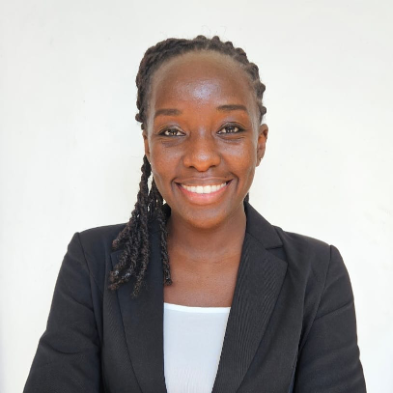
Aurelia Brazeal is a Research Medical Doctor in the BOHEMIA (Broad One Health Endectocide-based Malaria Intervention in Africa) Mass Drug Administration Clinical Trial in Kwale, Kenya with KEMRI-WELLCOME TRUST. She has a keen interest in prevention strategies of prevalent diseases such as malaria, including community-based interventions. Her aim is to be an Infectious Disease Specialist and contribute to the global fight against Malaria.
The opportunity to be a correspondent at MIM will expose me to the ongoing work in Malaria and provide me with a platform to improve my communication and report-writing skills while networking with other scientists in the field.
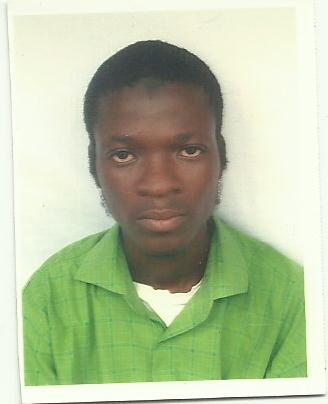
Busari Lateef Oluwatoyin is a PhD Student of parasitology and vector biology at the Osun State University (Nigeria).
Working as a MESA Correspondent is splendid as it avails me the opportunity of learning from peers and experts in the field of malaria and networking. I am indeed elated and grateful to the MESA team for this great opportunity.
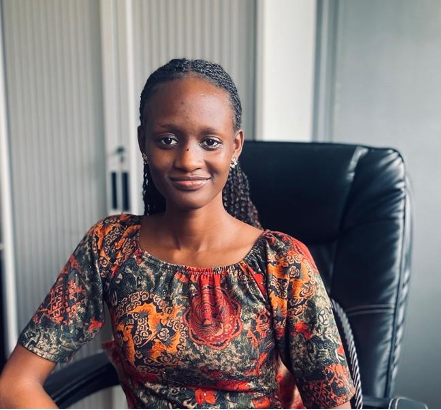
Deborah Neumbe is pursuing her Master of Science in Bioinformatics at Makerere University in Kampala, Uganda. Her area of expertise lies in the analysis of malaria vector genomics, specifically focusing on pyrethroid target site resistance.
Being a MESA Correspondent at the Genomic Epidemiology of Malaria Conference presents an opportunity for me to contribute to disseminating ongoing malaria research and connect with international malaria experts. I look forward to this exciting experience.
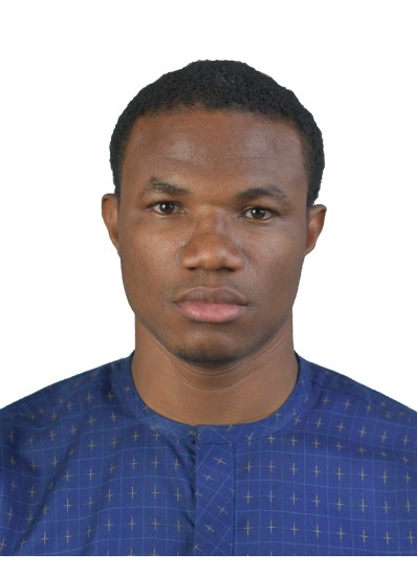
Vincent Duru is a Berlin Universities Alliance Doctoral scholar (BUA Mel-BER Network), currently pursuing his joint Ph.D. scholarship at both the Freie Universität Berlin and the University of Melbourne. His research focuses on the tripartite interaction between diseases vectors, their microbiota, and the pathogens they transmit. With a passion for addressing vector-borne diseases in Africa, Vincent has actively participated in collaborative projects. Notably, he contributed to non-falciparum malaria research in West Africa with the Malaria Population Biology group at the Medical Research Council unit, The Gambia, London School of Hygiene and Tropical Medicine. Vincent combines his research pursuits with a keen interest in science communication, Biomedical data analysis and project management.
Attending the Genomic Epidemiology of Malaria conference as a MESA correspondent will provide a great opportunity to stay abreast of genomics studies of vector-pathogen interactions. The advanced state of malaria vector genomics research, compared to other vector studies, will offer valuable insights and innovative approaches to enhance my understanding and methodologies in tick-borne disease research while fostering networking opportunities.
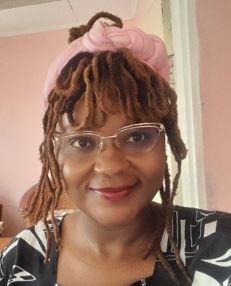
Eggrey Aisha Kambewa is a research assistant under the Shire Valley vector control project at Malawi Liverpool Wellcome trust (MLW). Eggrey is interested in vector biology, behavior and ecology in relation to the development and testing of novel malaria vector tools. Additionally, she is currently pursuing a Ph.D. in vector biology at the Liverpool School of Tropical Medicine.
Being a MESA correspondent will provide an opportunity to network with prominent vector scientists and will strengthen my communication skills.
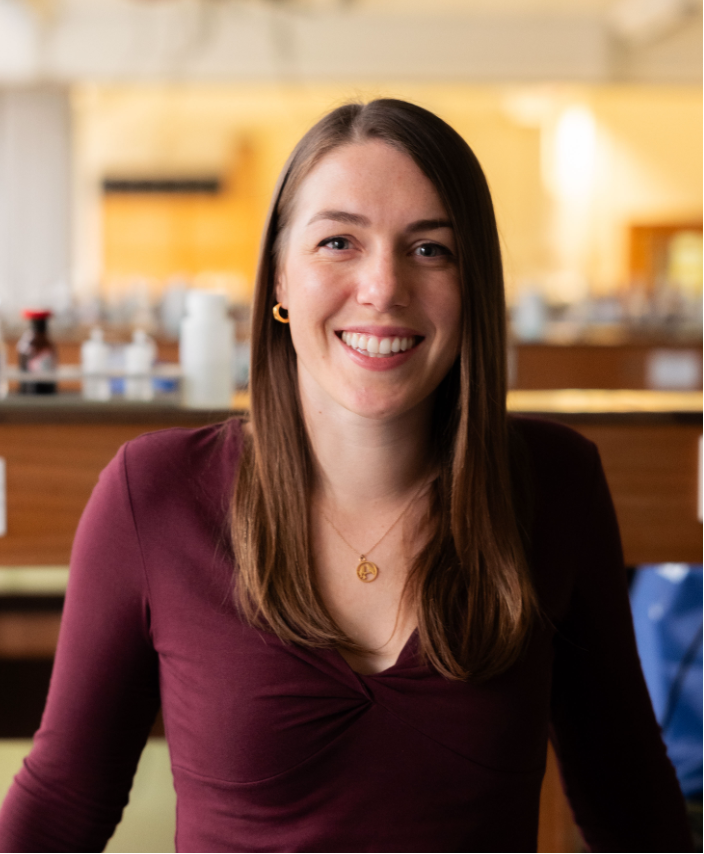
Emma Collins is a research fellow at the London School of Hygiene and Tropical Medicine (LSHTM). Her work focuses on genomics.
I am interested in being a correspondent for MESA at the Genomic Epidemiology of Malaria conference because I am passionate about research and communication. My background in genomics and epidemiology allows me to understand and explain research findings effectively. This conference is an important event, and I want to help share the latest developments in malaria control with a wider audience.
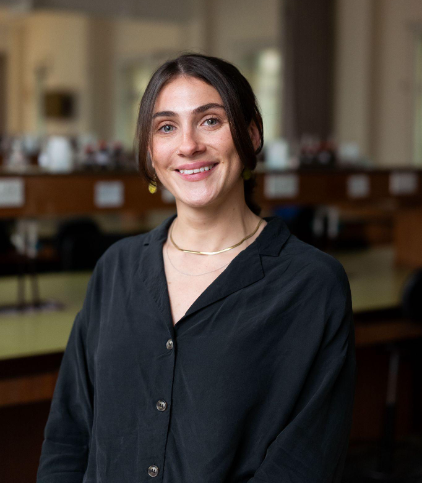
Isabel Byrne is a Research Fellow and part-time PhD candidate at the London School of Hygiene and Tropical Medicine in the UK. She has a special interest in spatial epidemiology of malaria, and how environmental factors can influence malaria transmission.
Being part of the MIM Conference and MESA programme are great opportunities for me as an early career researcher. I am excited to update myself on recent developments in the fight against malaria, connect with other malaria researchers, and contribute to the dissemination of the broad range of information shared at the conference.
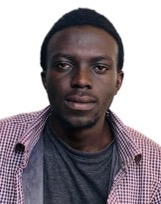
Jean Aime Ngirinshuti is a final year Biomedical Laboratory Science student at the University of Rwanda.
As a Biomedical Laboratory Science student with expertise in malaria prevention, I’m committed to collaborative efforts to combat the disease. Joining MESA aligns with my dedication to implementing evidence-based strategies and advancing our understanding of malaria’s complexities. I aspire to contribute to impactful interventions, alleviating its global burden on affected communities.